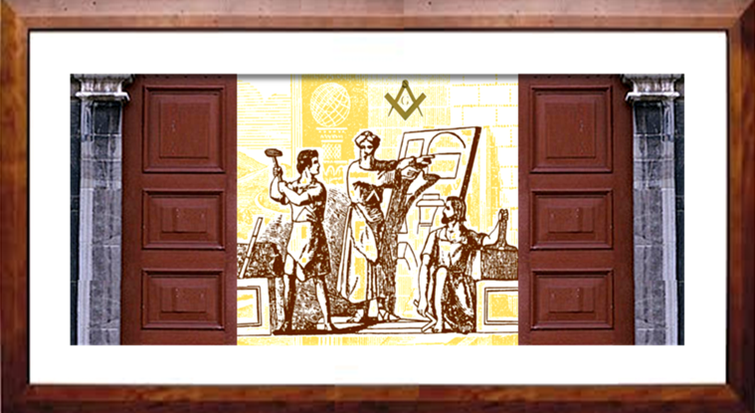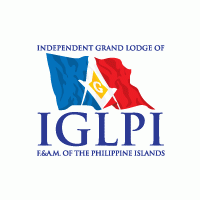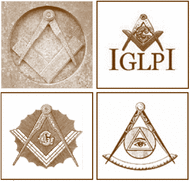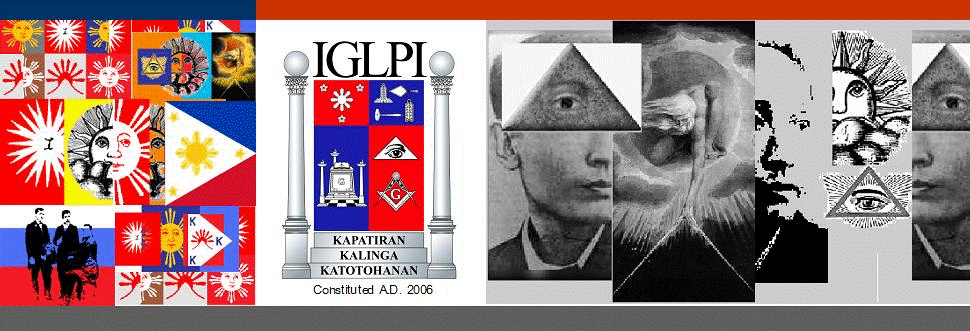|
Masonry is a progressive moral scienceIt is a way of life, the practice of which is an art or profession taught in conformity to age-old traditions and transmitted through lessons in Masonic lodges. As a society of men, it is nurtured by the tenets of brotherly love, relief and truth; balanced by the beauty of unity and harmony, and guided by the highest ideals of liberty, fraternity and equality.
Freemasonry does not discriminate on the basis of religious beliefs, race, or color of the skin. But it requires that anybody wishing to be admitted into its brotherhood should believe in the Supreme Being. It is not a mere watchtower built upon mystery, from which to gaze upon the world, with no other result than to be a convenience for the curious. It is not formed to confer social or political status, or offer material gain and advantage. For these reasons, men of diverse backgrounds from all over the globe have participated in it through the ages. It has no secrets other than some modes of recognition. It is not a charitable institution though its members practice charity. It is not a religion although it is known that many of its adherents are religious. It advocates unity into one sacred band or society of friends and brothers, among whom no contention should ever exist but that noble contention or rather emulation of who best can work and best agree. Masonic LodgeA Masonic Lodge is defined as a certain number of brethren duly assembled, with a Holy Bible, (or Volume of Sacred Law), Square and Compass, and a Charter or dispensation empowering it to work [IGLPI: Philippine Masonic Law Book]. Its principal officers are the Worshipful Master, who is the presiding officer; the Senior, and Junior Wardens. Other officers are the Treasurer, Secretary and Auditor, all elected; and the Chaplain; Marshal; Senior and Junior Deacons; Senior and Junior Stewards; Organist; Tyler; Lecturer; Orator; Almoner; Custodian of Work, and other special appointive officers. A lodge is mandated to meet regularly once a month, at a fixed time and place.
Primary function of lodge
The primary function of a lodge is to preserve and propagate the ideals and principles of Masonry. It is therefore incumbent upon a lodge to direct its members towards the understanding of the lessons which the Craft seeks to reveal through its rituals and ceremonies; as Masonry is concerned with finding and inculcating useful truths in order to cultivate social and moral virtues among men.
Membership
The Fraternity of Masons does not actively solicit membership. Admission is through one’s own free will and accord. A person interested in joining the fraternity may ask one who is a member or visit a Lodge Secretary’s office for information.
|
Independent Grand Lodge of Free and Accepted Masons of the Philippine Islands |



